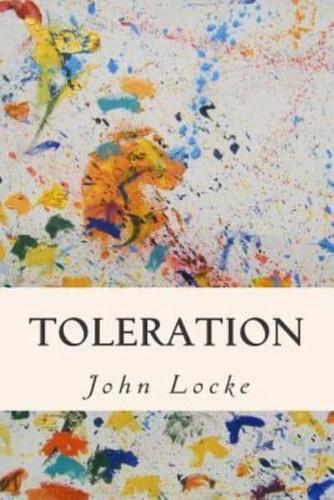Publisher's Synopsis
Toleration is a classic English philosophy essay by John Locke. A Letter Concerning Toleration by John Locke was originally published in 1689. Its initial publication was in Latin, though it was immediately translated into other languages. Locke's work appeared amidst a fear that Catholicism might be taking over England, and responds to the problem of religion and government by proposing religious toleration as the answer. This "letter" is addressed to an anonymous "Honored Sir": this was actually Locke's close friend Philipp van Limborch, who published it without Locke's knowledge "For on Earth, who against Faith and Conscience can be heard infallible? Yet many will presume: whence heavie persecution." Toleration is the acceptance of an action, object, or person which one dislikes or disagrees with, where one is in a position to disallow it but chooses not to. It has also been defined as "to bear or endure" or "to nourish, sustain or preserve" or as "a fair, objective, and permissive attitude toward those whose opinions, beliefs, practices, racial or ethnic origins, etc., differ from one's own; freedom from bigotry" too. Toleration may signify "no more than forbearance and the permission given by the adherents of a dominant religion for other religions to exist, even though the latter are looked on with disapproval as inferior, mistaken, or harmful." There is only one verb to tolerate and one adjective tolerant, but the two nouns tolerance and toleration have evolved slightly different meanings. Tolerance is a state of mind that implies non-judgmental acceptance of different lifestyles or beliefs, whereas toleration indicates the act of putting up with something that one disapproves of. Historically, most incidents and writings pertaining to toleration involve the status of minority and dissenting viewpoints in relation to a dominant state religion. In the twentieth century and after, analysis of the doctrine of toleration has been expanded to include political and ethnic groups, LGBT individuals and other minorities, and human rights embodies the principle of legally enforced toleration.









